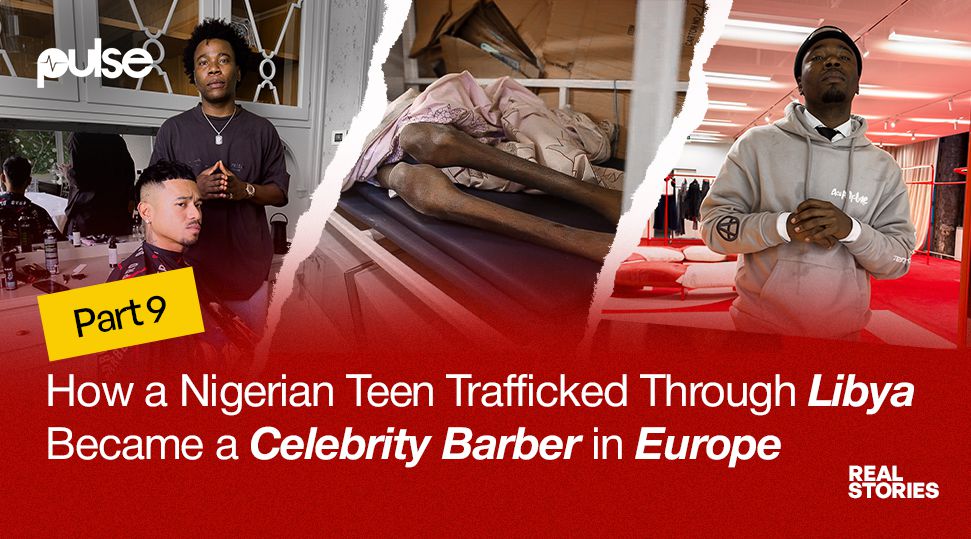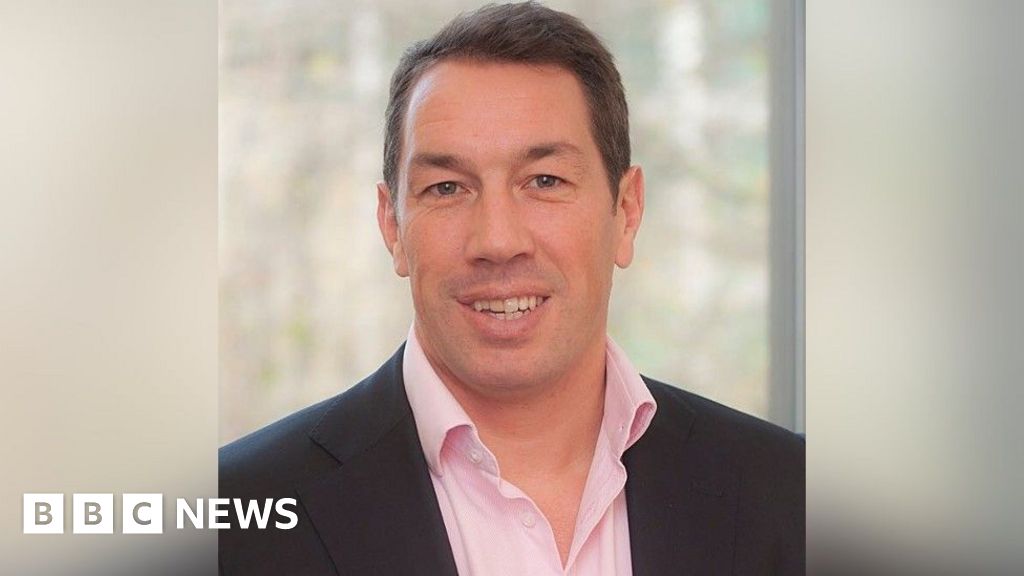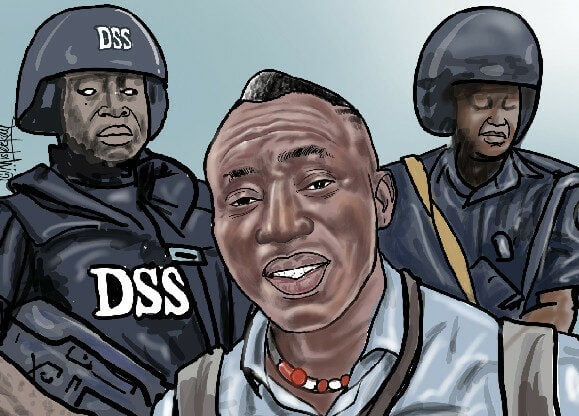By Anna Ajayi
Copyright pulse

Part 8 recap:
In Part 8, Jimmy’s fragile new beginning in Italy was turning sour. After years of waiting in the migrant camp, the system still said no. His second asylum request was denied, and he was given 60 days to leave Italy.
Forced onto the streets with nothing but a backpack and his clippers, he slept in train stations and worked illegal “black jobs” just to eat. Then an olive farm boss who paid his taxes for a month planted a seed that would one day change his life.
Catch up here: Part 8: How a Nigerian teen trafficked through Libya became a celebrity barber in Europe
Before the breakthrough
By the time Jimmy had been in Italy for nearly five years, something inside him had begun to break. Not all at once, but slowly, like a tap left dripping until the water eventually floods the floor.
He had been paying a lawyer every month, scraping together every euro he could from under-the-table jobs: harvesting olives, cleaning kitchens, washing dishes, anything that would keep him afloat while he waited.
While he hoped and believed that maybe, this lawyer could help him get papers, maybe finally live like a human being again. But after nearly a year of steady payments, nothing good came out of that.
He was still sleeping in train stations. Still hiding his backpack under his body while he slept to stop other homeless people from stealing it. One night, they stole everything he had left. His change of clothes, his old documents, the last few pieces of his life from the camp. Gone.
He started sleeping in abandoned buildings, breaking into empty apartments; not to rob or destroy, just to find warmth, shelter, a safe place to close his eyes. Some nights he curled up behind dumpsters, listening to rats scurry past, telling himself: you survived Libya, you survived the boats, you survived the camps, why is this still your life?
And when the hopelessness became too loud to ignore, when the weight of it all became too much to carry, he gave up.
“I got to a point where I got frustrated and I wanted to go back home. I wanted to go back to Africa. And so one day I just decided to go to the police station to ask them to deport me,” he said.
He was ready to leave Italy and go home to Nigeria with nothing but scars and memories. He had heard of a program, a European Union scheme that gave small business grants to migrants who agreed to return voluntarily. It wasn’t much, but maybe, just maybe, it could be a way to start over. Maybe he could go back to Benin, open a small barbershop, try again from the beginning.
“I felt like I had wasted four years of my life,” Jimmy said. “I had already been through Libya, through the ocean, through hunger, through rejection. And now, I didn’t mind going back empty.”
But then, something unexpected happened.
The breakthrough
At the station, Jimmy approached a policewoman and told her his story. He told her about the torture, the desert, the beatings, the drowning, the train stations, the lawyer who took his money and gave him nothing in return. He told her about the courtrooms, the silence, the loneliness, the fear. He told her everything.
She looked at him for a long moment. Then she said, “But you speak Italian so well. How come?”
Jimmy let out a small laugh. Not the kind that comes from joy, but the tired kind. The one you make when life has played too many tricks on you and you’re not sure whether to laugh or cry.
“You have to learn if you want to survive on the street,” he said. “You can’t survive in this country if you don’t understand it.”
She nodded slowly, and after a pause, she said something that would change the entire course of his life:
“You’re young. You’ve been through too much. Maybe there’s a way I can help.” Then she asked, “Have you ever worked in Italy? Like, officially? Has anyone ever paid taxes for you?”
And suddenly, like a lightning flash across the dark, Jimmy remembered. The olive farm. That one kind man who had seen him running from the police, who registered his name, paid his taxes for a month and gave him the dignity of being seen.
“Yes,” Jimmy said. “Yes, I worked. And someone paid my taxes for me.”
The policewoman’s eyes lit up. “Good. That’s good,” she said. “Now go back to that tax office. Get the documents, the month, the amount, and the year. Bring them to me. And I promise I’ll help you.”
Jimmy stood there, frozen.
“Wait… what?” he asked. “You? A police officer? You want to help me? When the courts already told me no?”
She looked him in the eye and said again, “Trust me. If you can bring me that tax receipt, I can start something new for you.”
And then she told him something that felt almost unreal: a new law had been passed in Italy, one that allowed migrants to apply for a proper work visa—not asylum, but a full legal work visa—if they could prove they had worked and paid taxes.
Jimmy was speechless.
He left that station with a fire in his chest he hadn’t felt in years, not since the desert, not since that first time he held a clipper in his hand. And it all started with one act of kindness, buried in a month of olive-picking and callused hands.
The breakthrough had finally come.
Don’t miss Part 10 of Jimmy’s story next Friday, only on Pulse.ng



